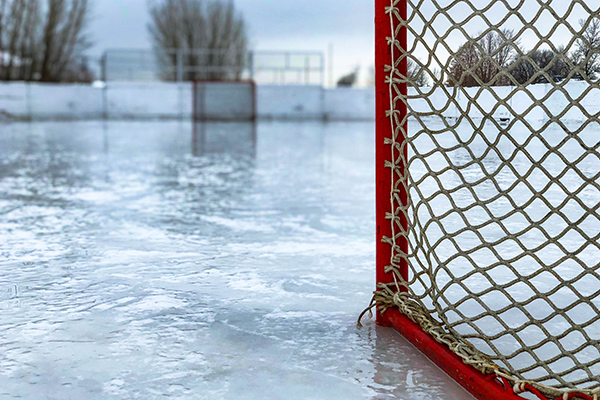Making hockey more inclusive and accountable
March 9, 2020
Share

Queen’s University researchers Sam McKegney and Courtney Szto are calling on hockey organizations and governments to enact policy changes to invigorate the need for re-education of coaches, parents, players, and officials on the importance of anti-racism, and to promote strategies for making hockey culture safer, more inclusive, and more accountable for its practices.
Together with Michael Auksi (PhD student, McGill University) and Bob Dawson (Senior Sportswriter, Boxscore World Sportswire) they have authored a Policy Paper for Anti-Racism in Canadian Hockey. The paper was developed during a Roundtable on Racism in Hockey hosted at Queen’s with support from the National Hockey League.
“Racist incidents occur time and time again, and the hockey community is righteously appalled — but then attention fades and it’s back to business as usual, with no substantive structural or systemic change,” says Dr. McKegney (English Language and Literature). “We’re advocating for practical, actionable changes we believe will not only make hockey more inclusive but will help unlock the game’s potential as an instrument of positive social change.”
The calls to action include:
- All levels of government and hockey administrative bodies to publicly adopt and enforce Calls to Action 87 to 91 of the Truth and Reconciliation Commission of Canada
- Implementing modules addressing intercultural competency, conflict resolution, and anti-racism in sport to be included in certification for coaches, administrators, billets, and officials
- Hockey Canada instituting a “duty to report” with relation to all incidents of suspected racism and track those incidents over time to establish objectives with regards to the elimination of such incidents
- The Minister of Sport and Persons with Disabilities creating an external oversight body which sole purpose is to receive and investigate claims of racial, sexual, homonegative, and gendered abuse/discrimination, and to advocate for claimants.
- Improving hiring policies, including instituting a blind review process
- Calling upon Hockey Canada to implement a system to collect numbers on the participation of racialized groups in hockey in order to monitor demographic changes and trends
- Hockey Canada and the Minister of Sport and Persons with Disabilities subsidizing high school hockey programs and asking sporting goods retailers to create hockey equipment libraries to help mitigate costs
- Asking Hockey Canada to allocate a percentage of the budget to support Indigenous hockey in Canada
- Calling on the members of the media to work to illustrate the pattern of racism experienced by racialized players, rather than treating examples of racism as isolated incidents.
“Hockey can be a joyous game under the right conditions, but the reality is that ‘Canada’s game’ offers no professional opportunities for women in Canada today, there is no openly gay NHL player, and racism at the rink remains consistent,” says Dr. Szto (Kinesiology and Health Studies). “Our hope is that these calls to action bring the game one step closer to living the ideal of hockey being for everyone.”